The Department of State Service (DSS) has launched legal action against social media platforms X and Meta amid ongoing criminal allegations involving Omoleye Sowore. This development intensifies a high-profile dispute that underscores the delicate balance between human rights and the limits of free expression.
On Tuesday, the DSS filed a suit at the Federal High Court in Abuja, listing Sowore as the primary defendant, with X and Meta’s Facebook platform named as secondary and tertiary defendants respectively. According to reports from Leadership news, the agency pressed a five-count charge against Sowore, accusing him of labeling President Bola Tinubu a “criminal” in posts shared on social media.
Documents submitted to the court indicate that these contentious statements appeared on Sowore’s X and Facebook accounts on August 25 and 26, 2025, coinciding with President Tinubu’s official visit to Brazil.
One highlighted post reads, “This criminal @official PBAT actually went to Brazil to claim that corruption no longer exists under his administration in Nigeria. What audacity to lie so blatantly.” The DSS argues that this post breaches Section 24 (1) (b) of the Cybercrime (Prohibition, Prevention, etc.) and Amendment Act, 2024.

The prosecution team, headed by M.B. Abubakar, Esq., Director of Public Prosecutions at the Federal Ministry of Justice, presented multiple pieces of evidence including printed screenshots of Sowore’s posts, official letters sent to X and Facebook demanding suspension of his accounts, and Sowore’s replies to these requests.
While no judge has been assigned and no trial date fixed, this lawsuit adds complexity to the ongoing discourse surrounding the boundaries of free speech and its legal constraints.
For Sowore, this case represents the latest episode in a prolonged confrontation involving the former presidential aspirant, the Nigerian Presidency, and the nation’s intelligence apparatus.

Related: Sowore’s legal counsel urges Meta to dismiss DSS’s request to ban accounts
Omoleye Sowore’s Position
Following the controversial posts, the DSS demanded that Meta immediately deactivate Sowore’s Facebook page, branding his content as “misleading” and “hate speech,” and called for its removal from major social media outlets.
The agency also instructed Sowore to delete the posts, issue a public apology through prominent media channels, and publish a retraction on both X and Facebook. Sowore, however, defended his statements as lawful expressions protected under constitutional rights to free speech and human rights.
In response, the DSS threatened to escalate the matter through the courts.
Sowore fired back by criticizing the DSS, describing the agency as “ineffective” and “unlawful.” He questioned their priorities, especially in light of a recent tragedy that claimed over 130 lives, suggesting the DSS has neglected its core responsibility to safeguard citizens and their property.

Additionally, the DSS ordered X and Facebook to suspend Sowore’s accounts as a punitive response to his posts. Sowore’s lawyer, Inibehe Effiong, countered by sending a formal letter to Meta, urging the company to reject what he termed an unlawful censorship attempt.
Effiong argued that the DSS’s cited legal provisions were irrelevant to Sowore’s posts and that the content did not violate Meta’s Community Standards, thus should remain accessible online.
He further noted that President Tinubu has not personally initiated any legal proceedings against Sowore, stating, “If the President feels his reputation has been damaged, he should seek redress through the courts and defend his honor.”


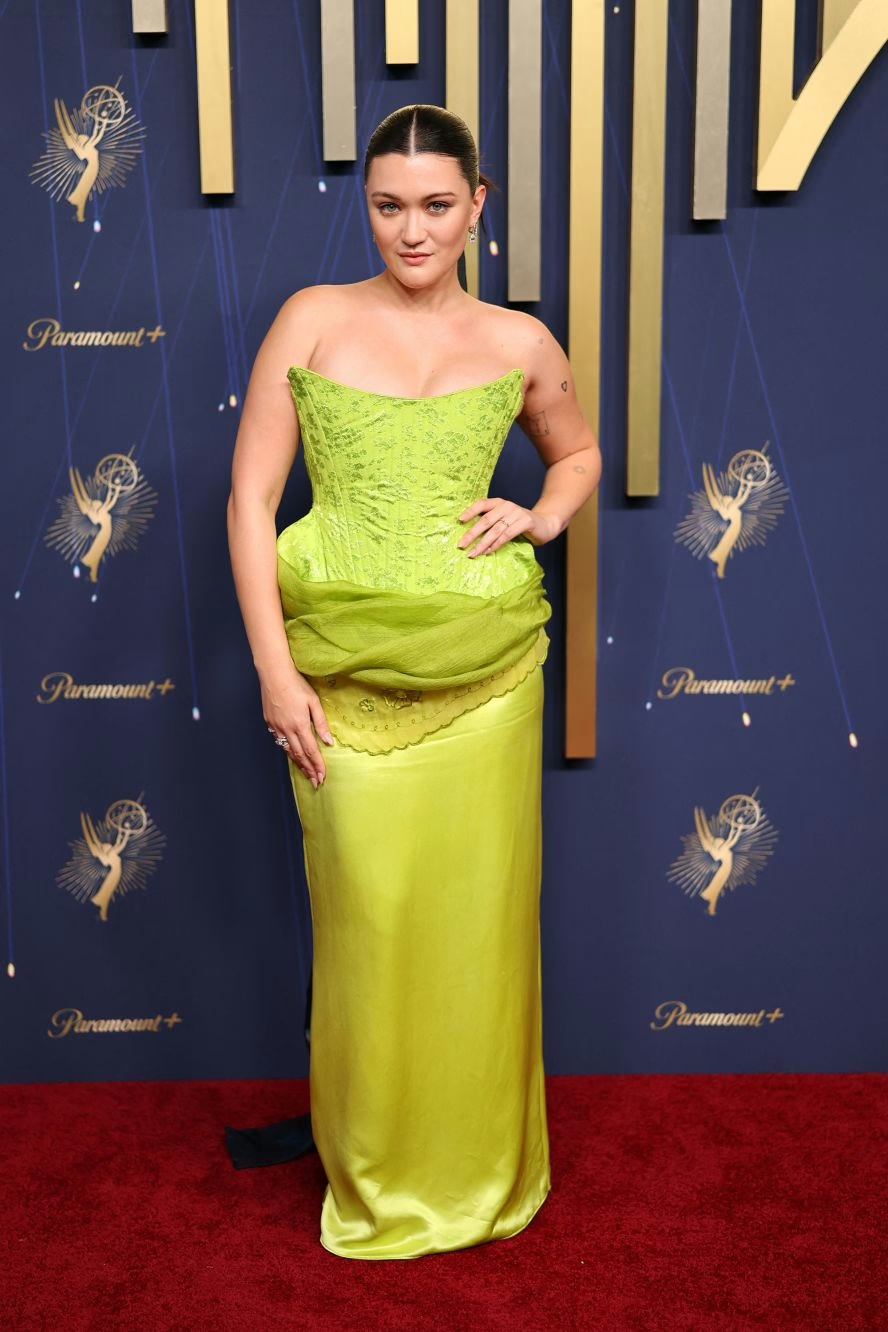





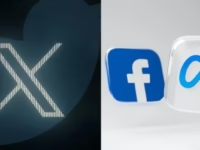


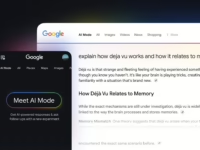

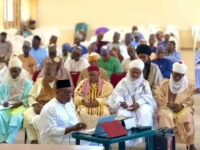
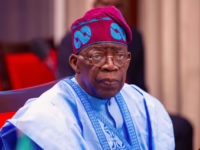




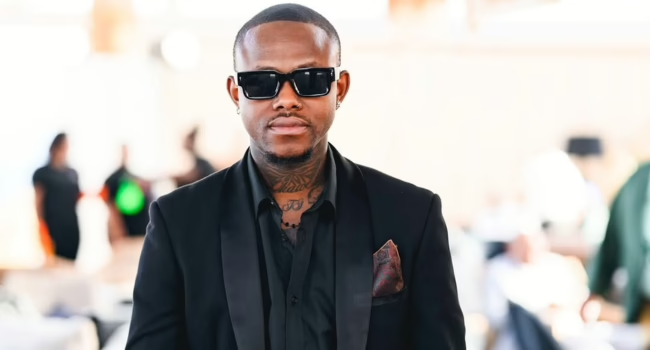
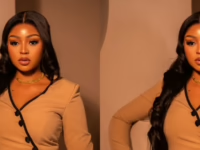


0 Comments